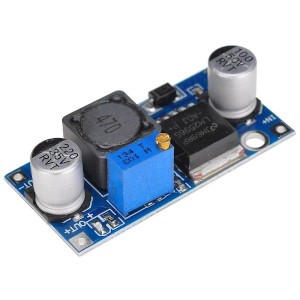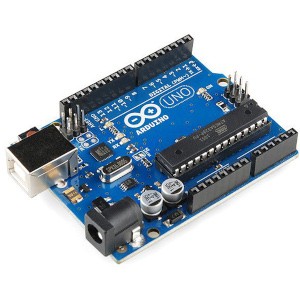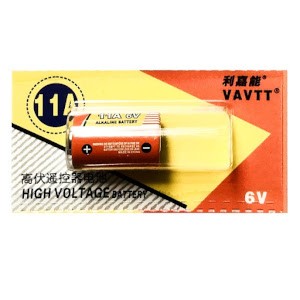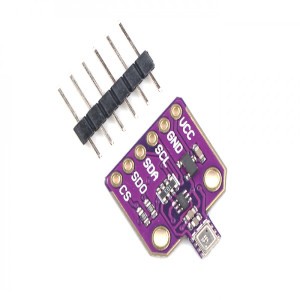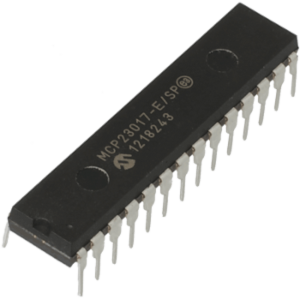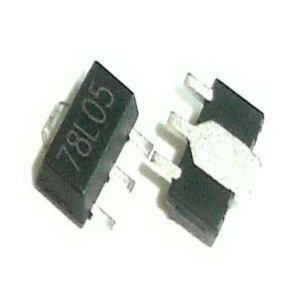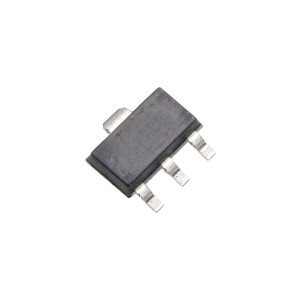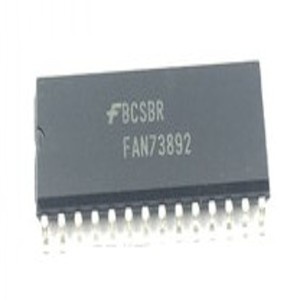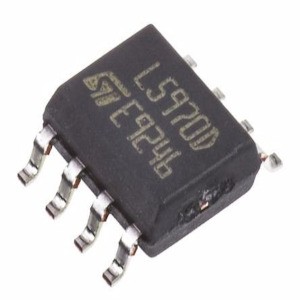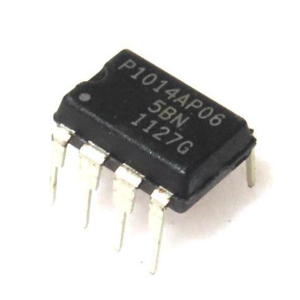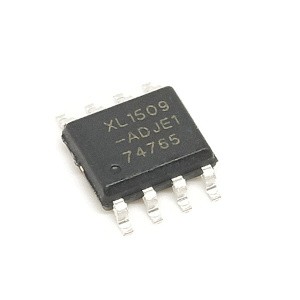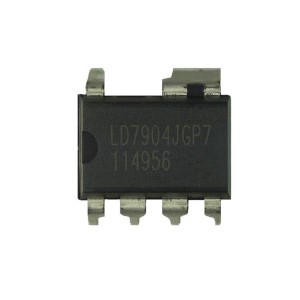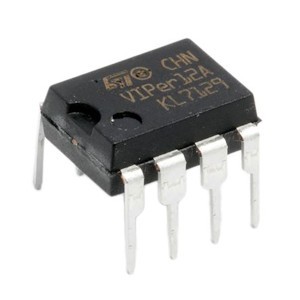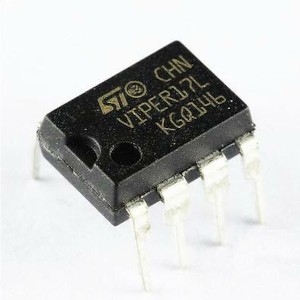

LM3914 Dot/Bar Display Driver
Inhouse product
-
৳90.00
৳100.00 -
৳900.00
-
৳300.00
-
৳300.00
Reviews & Ratings
The LM3914 is an integrated circuit, designed by National Semiconductor in 1980, used to operate displays that visually show the magnitude of an analog signal. It can drive up to 10 LEDs, LCDs, or vacuum fluorescent displays on its outputs. The linear scaling of the output thresholds makes the device usable, for example, as a voltmeter. In the basic configuration it provides a ten step scale which is expandable to over 100 segments with other LM3914 ICs in series.
Features
Drives LEDs, LCDs or vacuum fluorescents
Bar or dot display mode externally selectable by user
Expandable to displays of 100 steps
Internal voltage reference from 1.2V to 12V
Operates with single supply of less than 3V
Inputs operate down to ground
Output current programmable from 2 mA to 30 mA
No multiplex switching or interaction between outputs
Input withstands ± 35V without damage or false outputs
LED driver outputs are current regulated,
open-collectors
n Outputs can interface with TTL or CMOS logic
n The internal 10-step divider is floating and can be
referenced to a wide range of voltages
Related products
LD7904JGP7
-
৳90.00
৳100.00 -
৳900.00
-
৳300.00
-
৳300.00
